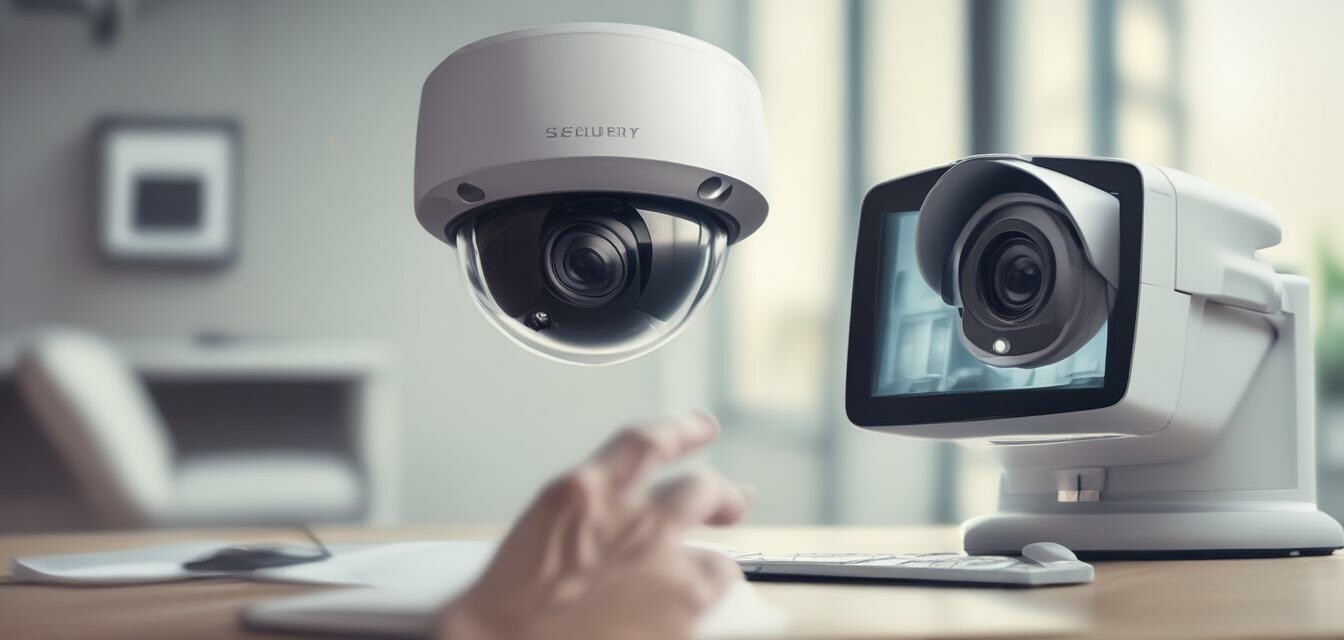
Understanding Warranty Options for Security Systems
Key Takeaways
- Warranties vary significantly among different security system brands and types.
- Understanding warranty coverage can save you money and effort in the long run.
- Always read the fine print; not all warranties cover the same issues.
- Extended warranties offer additional protection for long-term investments.
- Consider customer support and service options when choosing a warranty.
When investing in a security system for your home or business, understanding the warranty options available is crucial. A good warranty not only protects your investment but also provides peace of mind as you navigate through security needs. This guide will break down the types of warranties you may encounter and help you make informed decisions.
What Is a Warranty?
A warranty is a promise made by the manufacturer or seller regarding the condition and performance of a product. It typically covers repairs or replacements in case of defects or malfunctions within a specific time frame. In the context of security systems, a warranty can encompass hardware, software, and installation services.
Types of Warranties for Security Systems
Warranties can vary based on the manufacturer and type of security system being purchased. Here are some common types:
| Type of Warranty | Description |
|---|---|
| Limited Warranty | Covers specific defects and issues over a set period, typically ranging from one to three years. |
| Full Warranty | Covers all parts and labor for repairs without additional cost for the duration of the warranty. |
| Extended Warranty | Available for purchase, providing coverage beyond the standard warranty period. |
| Lifetime Warranty | Lasts as long as the original owner possesses the product, often covering specific components. |
Key Components to Review in a Warranty
When evaluating warranty options, it's important to consider the following components:
- Coverage Scope: What parts and labor are included in the warranty?
- Duration: How long does the warranty last?
- Transferability: Can the warranty be transferred if the system is sold?
- Exclusions: Are there specific issues or damages not covered?
- Claim Process: What steps are required to submit a warranty claim?
How to Choose the Right Warranty Option
Choosing the right warranty option requires thorough consideration of your specific needs and the overall value of the security system. Here are some tips:
Tips for Selecting Warranty Options
- Research different brands and their warranty offerings on home security buying guides.
- Compare the warranty terms directly with popular products in the market.
- Seek reviews from other users regarding their experiences with warranty claims.
- Consider your anticipated use and how long you intend to keep the system.
- Contact customer support to ask specific questions about the warranty details.
Common Warranty Issues
Understanding common issues that arise can help you better navigate warranty claims:
| Issue | Potential Resolution |
|---|---|
| Product Defects | Manufacturer will typically cover defects if reported within warranty period. |
| Installation Issues | Verify if installation issues are covered; some warranties might not cover DIY installations. |
| Software Malfunctions | Get support for software issues, ensure updates are included under the warranty. |
| Environmental Damage | Ensure your warranty covers such instances or consider purchasing additional coverage. |
Conclusion
Understanding warranty options for security systems is essential in ensuring you choose a system that meets your protection needs without unexpected costs. By considering the types of warranties available and how they can affect your purchase, you will be better equipped to protect your home or business.
Pros
- Provides peace of mind.
- Protects your financial investment.
- Can offer additional features or coverage.
Cons
- Some warranties may have restrictive terms.
- Additional costs for extended warranties.
- Claim processes can be time-consuming.
